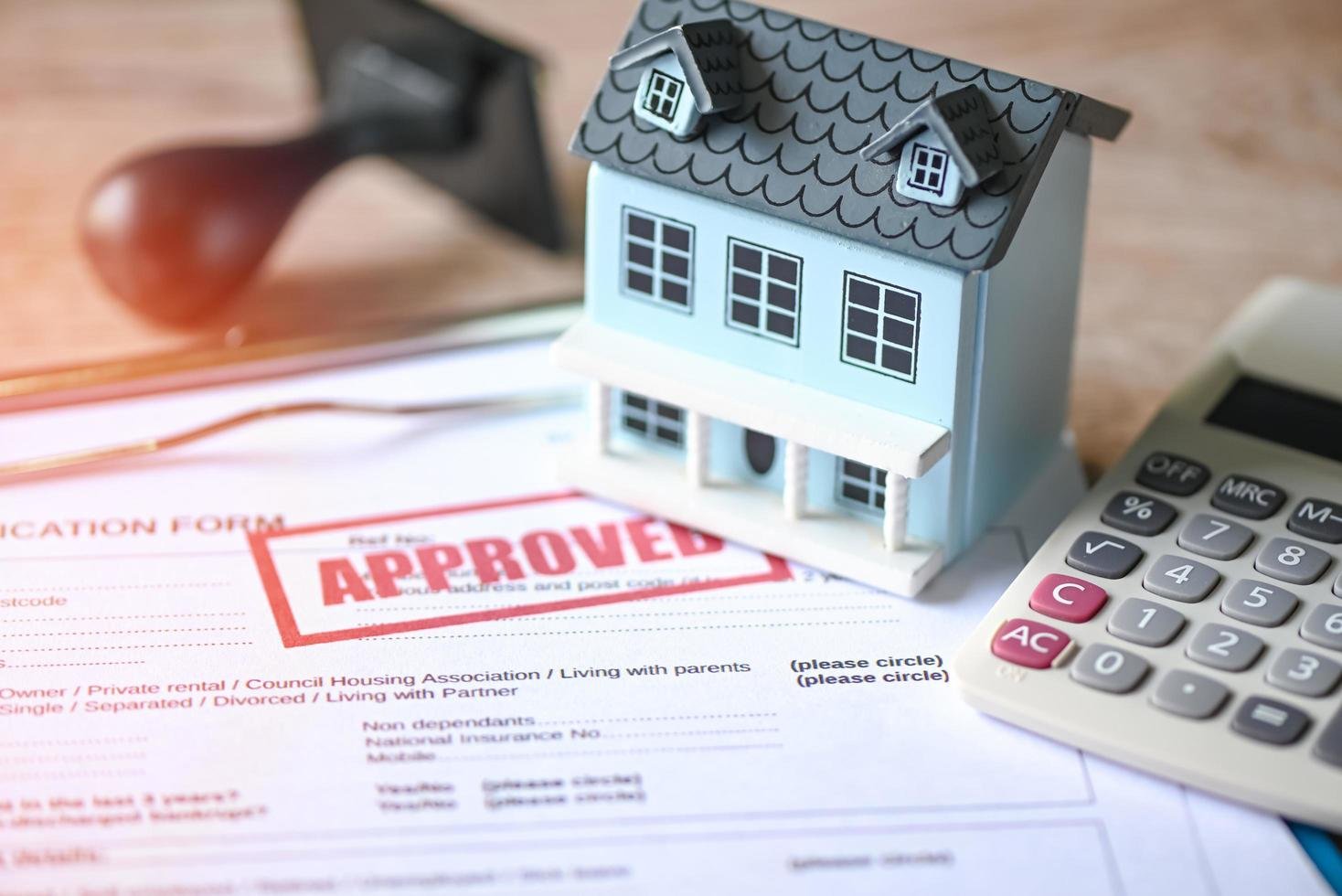How to Buy a House on Mortgage in Kenya
Buying a house on mortgage in Kenya is one of the most common ways Kenyans achieve homeownership. With rising property prices, few can afford to pay cash—making mortgages a smart, accessible option. But the process can be confusing if you don’t know where to start.
This clear, up-to-date guide walks you through how to buy a house on mortgage in Kenya, from application to ownership, so you can secure your dream home with confidence.
Step 1: Check Your Eligibility
Before applying, banks assess:
- Age: Usually 21–65 years (retirement age limit)
- Income: Stable, verifiable salary or business income
- Debt-to-Income Ratio: Should not exceed 40–50% of monthly income
- Credit History: Check your score via CRC Credit Reference Bureau
Most banks require:
- At least 6 months of pay slips or business accounts
- A KRA PIN and valid ID or passport
- A good repayment history (no defaults)
💡 Tip: Pre-qualify first—many banks offer online calculators to estimate how much you can borrow.

Step 2: Choose a Mortgage-Friendly Bank or SACCO
Top lenders offering home loans in Kenya:
- Equity Bank – Competitive rates, fast processing
- KCB Bank – Flexible terms up to 25 years
- Co-op Bank – Strong in real estate financing
- Housing Finance Company (HFC) – Specialized in mortgages
- Mwalimu SACCO / Mhasibu SACCO – Lower interest for members
Interest rates range from 12% to 16% (fixed or floating), depending on the lender and market conditions.
Step 3: Save for a Deposit (20–30%)
Banks typically finance 70–80% of the property value. You must pay the rest as a deposit:
- Example: For a KSh 10M house → KSh 2M–3M deposit, KSh 7M–8M mortgage
You can save, use your NSSF, or get family support. Some developers also accept staged deposits.
Step 4: Find a Mortgage-Approved Property
Not all properties qualify. Banks require:
- Clear title deed (Individual, Sublease, or Strata)
- Located in a secure, accessible area
- Built to standard (no illegal structures)
Banks often work with approved developers (e.g., Bloom Court, Pride Residences, Tatu City), making approval faster.

Step 5: Apply for Mortgage Pre-Approval
Get pre-approved before making an offer. This shows sellers you’re serious and speeds up closing. Submit:
- ID & KRA PIN
- 6 months’ payslips or audited accounts
- Bank statements
- Employer letter (for salaried)
- Proof of deposit
Processing takes 3–7 days. If approved, you’ll get a loan offer letter.
Step 6: Conduct Due Diligence & Sign Agreement
Once you find a house:
- Your lawyer conducts a land search at the Ministry of Lands
- Verify no liens, disputes, or fraud
- Sign a Sale Agreement and pay deposit (held in escrow)
Step 7: Finalize the Mortgage & Transfer
The bank:
- Appoints a lawyer and valuer
- Pays the balance directly to the seller’s lawyer
- Registers a legal charge on the title (security)
You start repaying monthly once the loan is disbursed. Loan terms: 5–25 years.

Key Tips for Mortgage Success
✅ Improve your credit score before applying
✅ Stick to bank-approved projects for faster approval
✅ Budget for extra costs: stamp duty (5%), legal fees (1–2%), valuation & insurance
✅ Consider group mortgages (with family) to increase borrowing power
Frequently Asked Questions (FAQs)
Q: Can I get a mortgage with no title deed?
A: No. Banks require a clear, registered title. Avoid properties without proper documentation.
Q: How long does mortgage approval take in Kenya?
A: 2–6 weeks on average, depending on the bank, property, and completeness of documents.
Q: Can foreigners get a mortgage in Kenya?
A: It’s difficult. Most banks require Kenyan residency, local income, and a work permit. Some allow partial financing with large deposits.
Buying a house on mortgage in Kenya is a major step toward financial stability and wealth building. With the right preparation, documentation, and lender, you can turn your homeownership dream into reality—just one monthly payment at a time. Start today, stay consistent, and own your home tomorrow.

